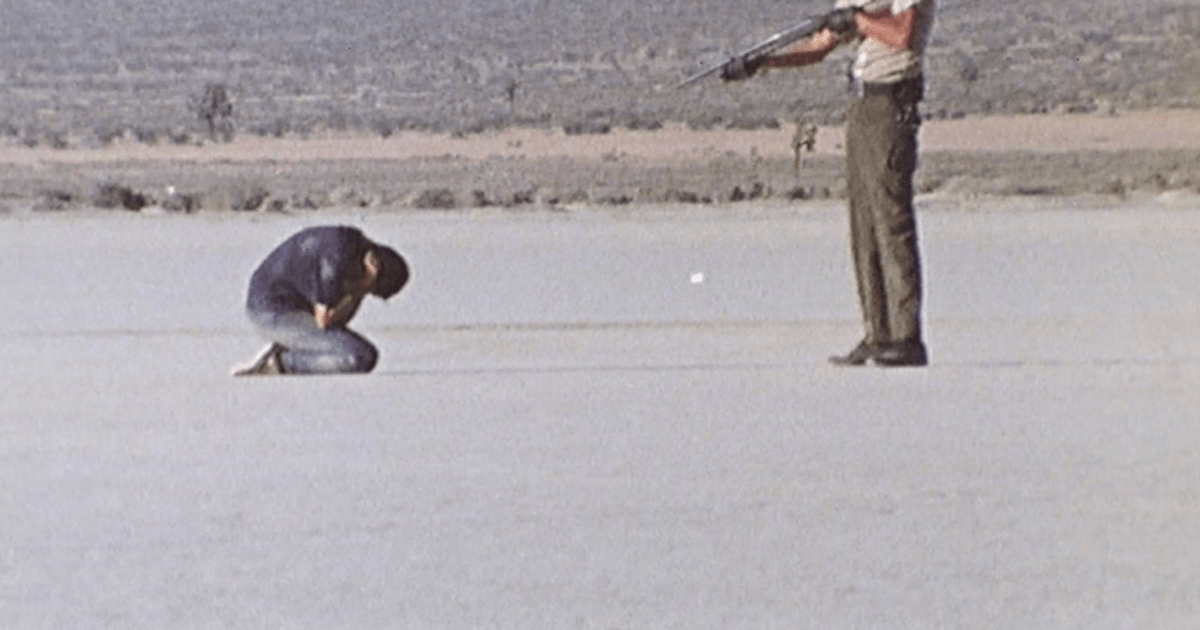Peter Watkins, the exiled British filmmaker and critic of the “monoform”, has died

A committed filmmaker and inventor of demanding yet fascinating cinematic forms, Peter Watkins has died in France. The British newspaper "The Guardian" pays tribute to him here.
British filmmaker Peter Watkins, who won an Oscar for The War Game (The Bomb in French), a “ controversial ” docu-fiction, according to The Guardian , which recounts a nuclear attack against Great Britain, died on Thursday, October 30, at the age of 90, in the hospital in Bourganeuf, in central France, where he had lived with his second wife for 25 years.
An “ uncompromising figure ” who opposed the BBC after it refused to broadcast The War Game on television in 1965, Watkins then led the life of an “ itinerant filmmaker ”, seeking funding abroad, reports the British daily .
Wary of the press, he explained to the Guardian in 2000, in a rare interview , that he had been working for 30 years to rebalance power between the public and television: “If television had taken a different path in the 1960s and 1970s and had operated in a more open way, global society would be much more humane and just today.” He was thus denouncing what he called the “ monoform ”.
In 1967, he directed Privilege , another “ radical ” docudrama, telling the story of a pop star, played by musician Paul Jones, manipulated into becoming the guru of a cult and diverting public attention from politics. In 1971, his arguably most famous film, Punishment Park , constituted a “ new provocation .” In it, he imagined a fascist United States where left-wing activists would be “ hunted down by the National Guard for sport.”
Watkins then directed a lengthy and “ extraordinary” biopic of the painter Edvard Munch , initially broadcast on Norwegian television in 1974, and later released in theaters. He followed this with a series of films shot in Scandinavia, culminating in The Free Thinker , another feature-length portrait of a Scandinavian artist, the playwright August Strindberg.
His last film was La Commune , a 345-minute reconstruction of the 1871 Parisian workers' revolt, " using Brechtian techniques ," according to The Guardian. Again poorly received by television (in this case, Arte), the film was first shown at the Musée d'Orsay in March 2000.





